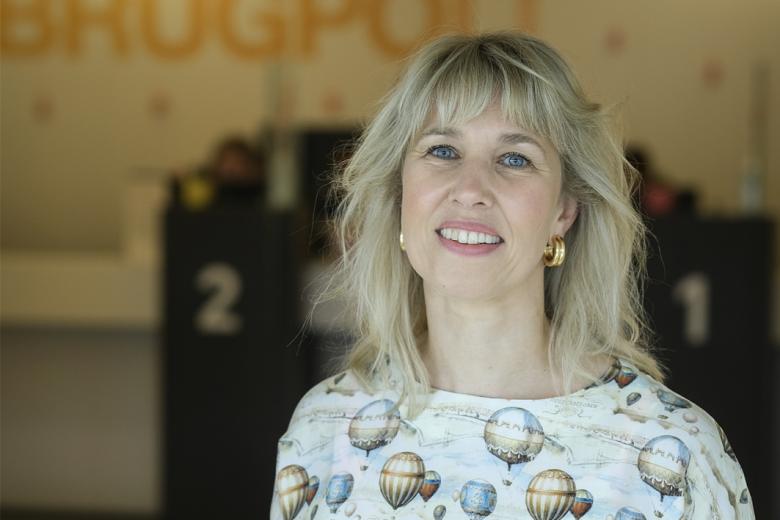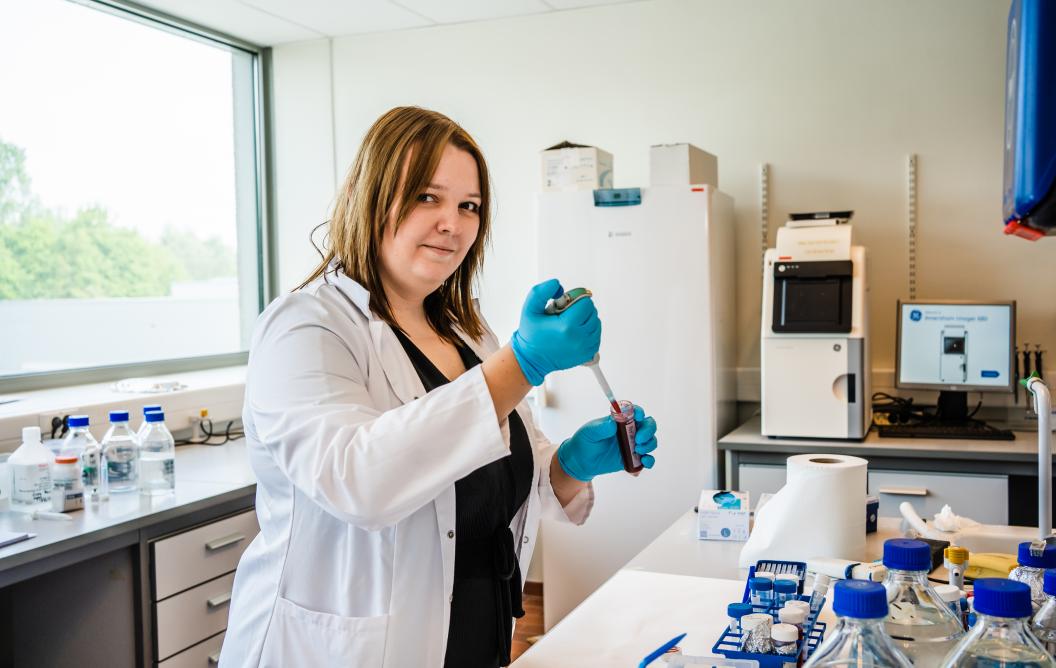Step closer to a new treatment for MS thanks to a method to inhibit specific proteins
Melissa Schepers' doctoral research at Maastricht University and Hasselt University offers hope for the development of a new medication that can halt or restore the limitations of multiple sclerosis (MS). In preclinical research on MS, Schepers discovered that certain substances can restore the production of myelin, the protective layer around nerves that is lost in MS, without significant side effects. On May 22nd, Schepers defended her dissertation on this research.
In MS, the brain gradually loses its ability to control the muscles and organs in the body. This is due to the loss of myelin, the protective layer around nerve cells that facilitates proper communication between the brain and other parts of the body. Certain medications can restore myelin production and reduce inflammatory reactions by inhibiting the activity of a specific protein. However, this approach is often accompanied by significant side effects, such as nausea and vomiting. Melissa Schepers and her team have unraveled which subtypes of that protein need to be inhibited in order to prevent these side effects.
A safe medication is urgently needed, as Schepers explains: "The major problem is that there is currently no treatment available to repair the damage in the brain. There is a significant demand for such a treatment because individuals with MS ultimately experience severe limitations, including issues with vision, speech, dizziness, walking, and memory." That is why her research focused on restoring myelin production.
Precision shots
The medication tested by Schepers is a so-called PDE4 inhibitor, a type of medication that inhibits proteins involved in various processes in the body. A general PDE4 inhibitor inhibits all subtypes of PDE4. However, Schepers' research indicates that by specifically inhibiting two subtypes of PDE4, the therapeutic effects can be preserved without the unpleasant side effects. Schepers states, "We no longer need to shoot PDE with a cannon, but can instead fire targeted shots at the subtypes. This brings us closer to a new treatment for MS that is not only effective but also safe."
The next steps
Before the medication can be introduced as a treatment for MS and other conditions, there are still several important steps to be taken. Schepers explains, "It will certainly take several more years. My research has shown promising results in mice as a potential treatment for people with MS. We are now identifying the next studies needed to determine if it is a safe treatment for humans. Our goal is to transfer this knowledge to a company that has the resources to conduct extensive research, with the assistance of business developers from both Maastricht University and the biomedical research institute (BIOMED) of Hasselt University. As researchers, we will remain involved at every step. That is important to me because I hope to ultimately make a real difference for people."
Also applicable to other medical conditions
Loss of myelin and inflammatory reactions also cause severe impairments in other brain and spinal cord disorders. Therefore, Schepers has investigated whether PDE inhibitors can be used more broadly. "We have been able to determine which subtypes of PDE4 need to be inhibited in spinal cord injuries, brain infarctions, and nerve damage. The further development of this type of treatment can thus be of great importance for a wide range of conditions involving myelin loss."
Collaboration
Schepers began her research with a tUL grant (Transnational University Limburg), a collaboration between Maastricht University and Hasselt University. Schepers explains: "My supervisors at UM are experts in the field of PDE4, and the BIOMED supervisors at UHasselt are experts in MS. So, I have experts on both sides who complement each other, and I can combine their knowledge in my research. This collaboration is ideal. I don't easily fall into tunnel vision because of the different perspectives within the research team. That's what makes it fun." Under the guidance of Prof. Dr. Tim Vanmierlo, the team initiated multiple collaborations, consistently pooling expertise from both sides of the Maas River.
Having supervisors from different universities also offers Schepers additional career opportunities. "Thanks to both Flemish and Dutch grants, I have been able to expand my research," she says. "And because my supervisors have connections in various fields, I have had more opportunities to collaborate on new projects and future steps. Additionally, I can exchange knowledge at various conferences and have access to the facilities in both labs."
The doctoral research of Melissa Schepers was funded by the tUL grant, the Research Foundation - Flanders (FWO), the MS Foundation Netherlands, and the Charcot Foundation.
Since 2017, the Faculty of Health, Medicine, and Life Sciences at Maastricht University and the Faculty of Medicine and Life Sciences at Hasselt University have been committed to further strengthening their research collaboration by initiating and facilitating joint doctoral trajectories. In 2022, six PhD scholarships were awarded for collaborative doctoral trajectories that will lead to a double degree. Altogether, 15 joint doctoral trajectories have been facilitated since 2017, which have already generated a substantial amount of output in terms of scientific publications as well as societal and economic impact. Patents have been filed for medications, a specialized clinic for positional vertigo has been established within Maastricht UMC+, and the industry has shown interest in software developed in one of the projects. Both institutions have expressed their intention to facilitate new trajectories in the near future as well.
Learn more about the research of Melissa Schepers
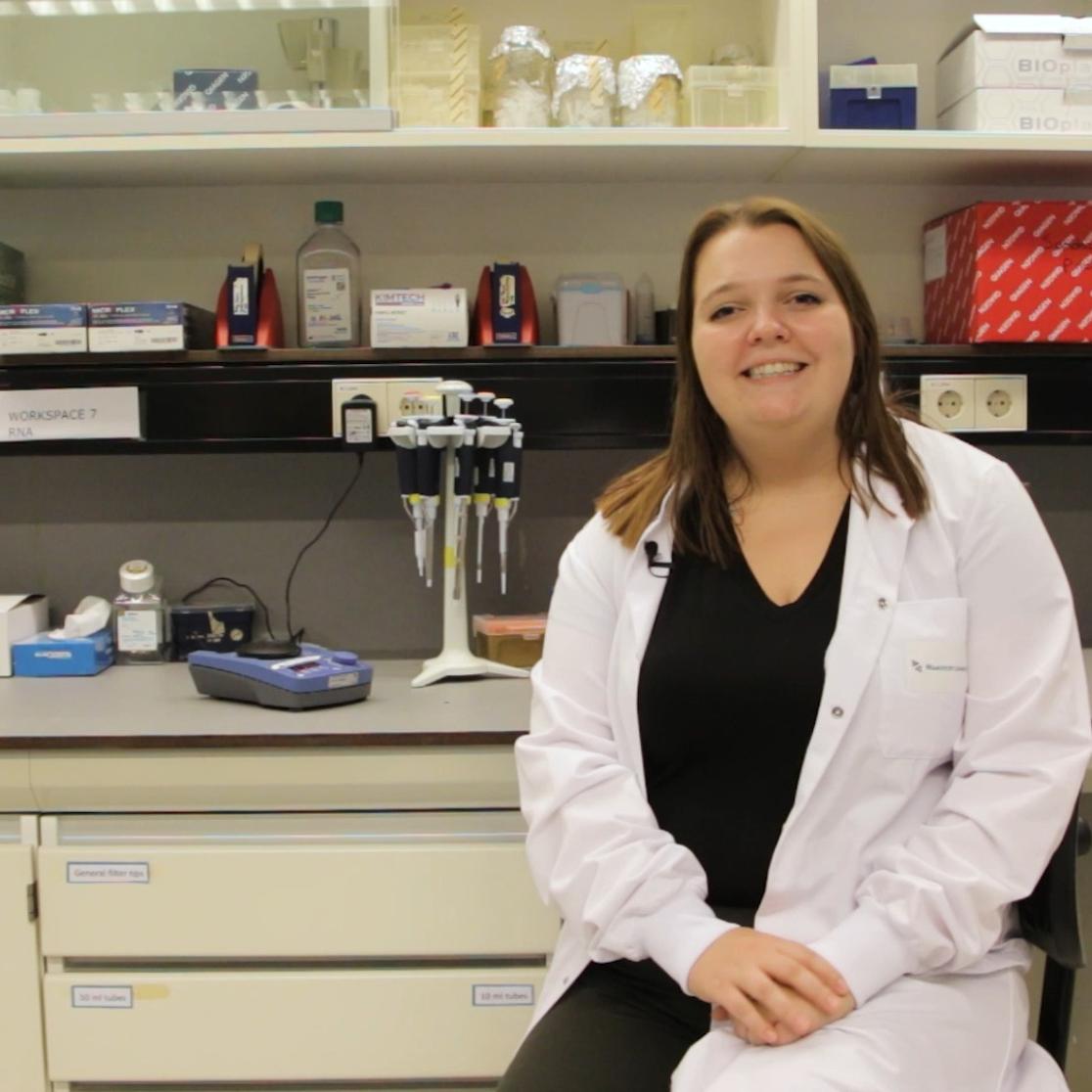
Also read
-
Fresh air
Newly appointed professor Judith Sluimer (CARIM) talks about oxygen in heart functioning and the 'fresh air' the academic world needs.
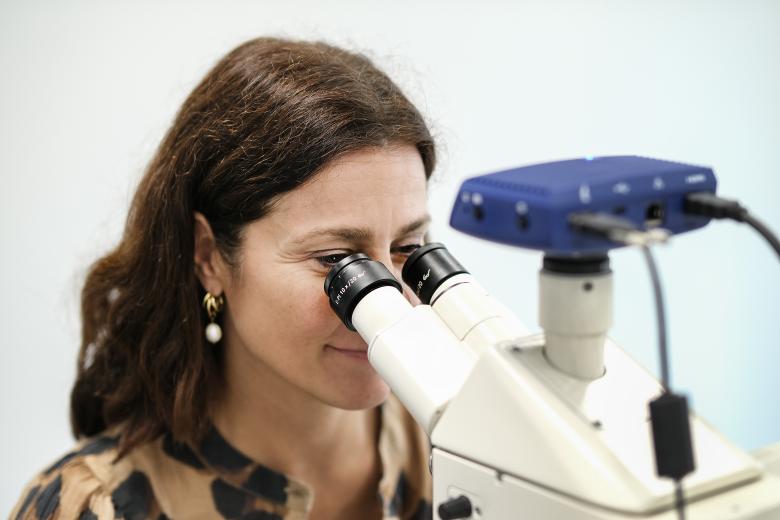
-
Trauma-Free Care for Sick Children
Drawing blood, inserting an IV, or looking into the ear; even seemingly simple medical procedures can cause anxiety, pain, and stress in children. According to pediatric intensivist Piet Leroy, comfort and trust are just as important as the medical treatment itself. Therefore, he is researching how...
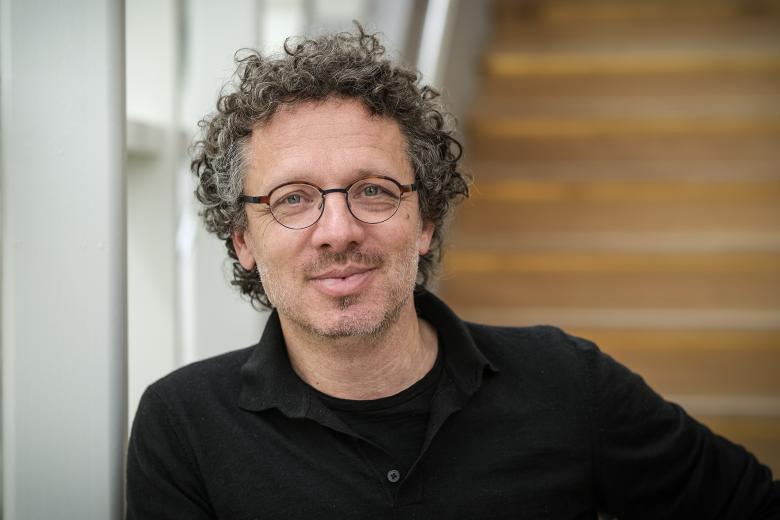
-
Huntington’s is a disease you don't carry alone
Mayke Oosterloo is a movement disorders neurologist at Maastricht UMC+ and a researcher at the MHeNs institute of Maastricht University. In the outpatient clinic and various nursing homes in Limburg, she guides and treats patients (and their loved ones) with Huntington's disease.
